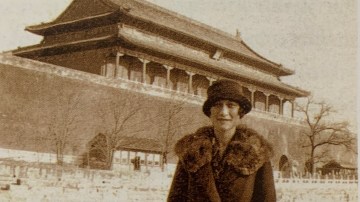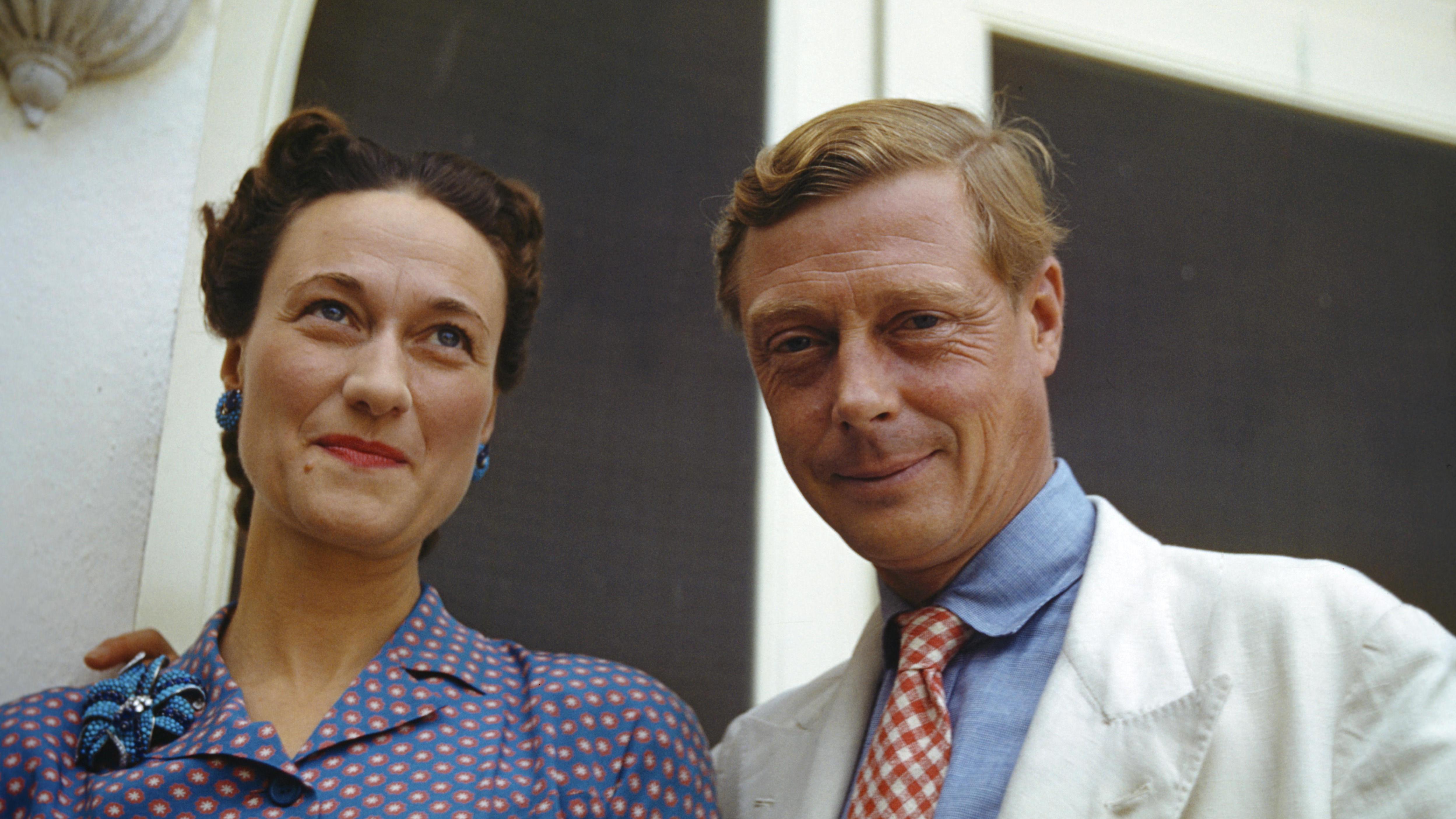For decades there have been whispers about what the future Duchess of Windsor got up to during her gap year in China. As Wallis Spencer she had travelled to Hong Kong in 1924 to patch up her first marriage to an alcoholic US navy officer. But instead of reconciling with Commander Win Spencer, 28-year-old Wallis decided on permanent separation. No longer required to be a dutiful navy wife, she would live henceforth as an independent woman, moving on to Shanghai before eventually settling in Peking.
But what exactly did this independence entail? Charges levelled against the young American woman included dealing in opium, becoming a spy, posing for pornographic pictures and indulging in a spot of recreational lesbianism. And then there was the “Shanghai grip”, a trick that Wallis was reputed to have picked up from local prostitutes. This involved tightening her internal muscles in a way that made “a matchstick feel like a cigar”. This was whispered to have come in handy a decade later when she began her affair with the boyishly built heir to the British throne.
The source for these salacious rumours is always namechecked as the “China Dossier”. This was a secret intelligence report purportedly put together in 1935 by the British establishment desperate to besmirch the American double divorcée who was dragging the country into the abdication crisis. Yet anyone with a hint of common sense, then and now, would immediately spot that these accusations of moral turpitude were the result not so much of high-level spycraft as a mishmash of orientalist fantasy. At a time when The Times was regularly warning its readers about the “Yellow Peril” and pulp fiction like Sax Rohmer’s Fu Manchu series was portraying China as a place where western women were in constant moral peril, it was quite plausible to picture Wallis Spencer rolling around in a sink of kinky iniquity.
In this briskly debunking book Paul French, an old “China hand” himself, makes it clear that the woman who had been born plain old Bessie Warfield in Pennsylvania in 1896 did not sign a pact with the Devil during what she later called her “lotus year”. She was certainly not a “coaster” like Shanghai Lily, the fictitious courtesan portrayed by Marlene Dietrich, who plies her trade up and down China’s eastern seaboard.
Nor is there any truth in the rumour that while in Peking Wallis had an affair with Mussolini’s future son-in-law, Count Galeazzo Ciano, since she had left the country a year before he arrived. No evidence either of the illicit abortion that Wallis was supposed to have had in 1924: her hospital stay that autumn is more likely to have been the consequence of a vicious final beating at the hands of her alcoholic husband before she decided to leave him for good. And as for those pornographic pictures, no trace has been found, although you can bet that it is not for want of looking.
Advertisement
If she did anything excessive during her lotus year it was shopping. She developed a deep appreciation for the jade curios to be found in the markets of Hong Kong, Shanghai and Peking and had a nice sideline in selling them on to rich tourists who lacked her eye. It was now too that she developed the signature style for which she would soon become known around the world.
She favoured simple, mandarin-style, silk day dresses modelled on the traditional cheongsam; she wore her jet black hair scraped back to her scalp (Cecil Beaton later maintained that it was so flat “a fly would slip off it”) and she cultivated a complexion as smooth and sheeny as mother-of-pearl. Gone was the dowdy Baltimore debutante turned frumpy navy wife and in her place appeared a chic clotheshorse whose aesthetic owed much to the graphic lines and jewel tones of the East.
Where Wallis got the money for this transformation remains a bit of a mystery. Her allowance from Win Spencer was modest, so French concludes that she worked as a courier for the US government, hiding documents in her luggage as she moved around the vast country. This isn’t quite as exotic as it sounds: sporadic fighting among the local warlords had disrupted communications and it made sense for western authorities to use their own people to keep important papers from being waylaid by bandits.
Another of Wallis’s money-making hacks, and one that she parlayed for the rest of her life, involved becoming chums with the very rich. In Peking she moved in with her old friend Kitty Bigelow, who had helpfully married the New York multimillionaire Herman Rogers. The couple provided their guest with her own rickshaw puller and access to all the tennis parties and race meetings that any tyro socialite could crave. At the weekends Wallis joined her hosts at their rented temple, where she developed her taste for the finest champagne, something that would never leave her.
• Truth behind rumours that painted Wallis Simpson as a harlot
Advertisement
Naturally, in later years a story did the rounds about Wallis engaging in a ménage à trois with the Rogerses and even procuring another abortion, but it was all bunkum. While it is true that she did have several affairs during her lotus year, these were always low-key and sensible, with well-mannered men who could be guaranteed not to kick up a fuss when it was time to move on.
No wonder that Wallis would say later that her life during this lotus year was “good, very good, almost too good”. The quote comes from The Heart Has Its Reasons, the 1956 ghosted autobiography on which French draws heavily. This must be because there are very few other personal sources available, and China’s national archives remain off limits. Consequently French is obliged to ballast his account by, paradoxically, using a lot of highly subjective sources, such as Somerset Maugham’s incomparable novel The Painted Veil and Aldous Huxley’s published diaries.
The China Dossier, unsurprisingly, turns out to be a chimera too. There is no evidence that British intelligence had nothing better to do in 1935 than dream up stories about Wallis’s pelvic floor. There wouldn’t, anyway, have been much point. By this time the abdication was bearing down with the momentum of a steam train. Nothing would stop the Prince of Wales from giving up his future throne for this sharp little woman, as graphic yet inscrutable as a China doll.
Her Lotus Year: China, the Roaring Twenties and the Making of Wallis Simpson by Paul French (Elliott & Thompson £25 pp304). To order a copy go to timesbookshop.co.uk. Free UK standard P&P on orders over £25. Special discount available for Times+ members





